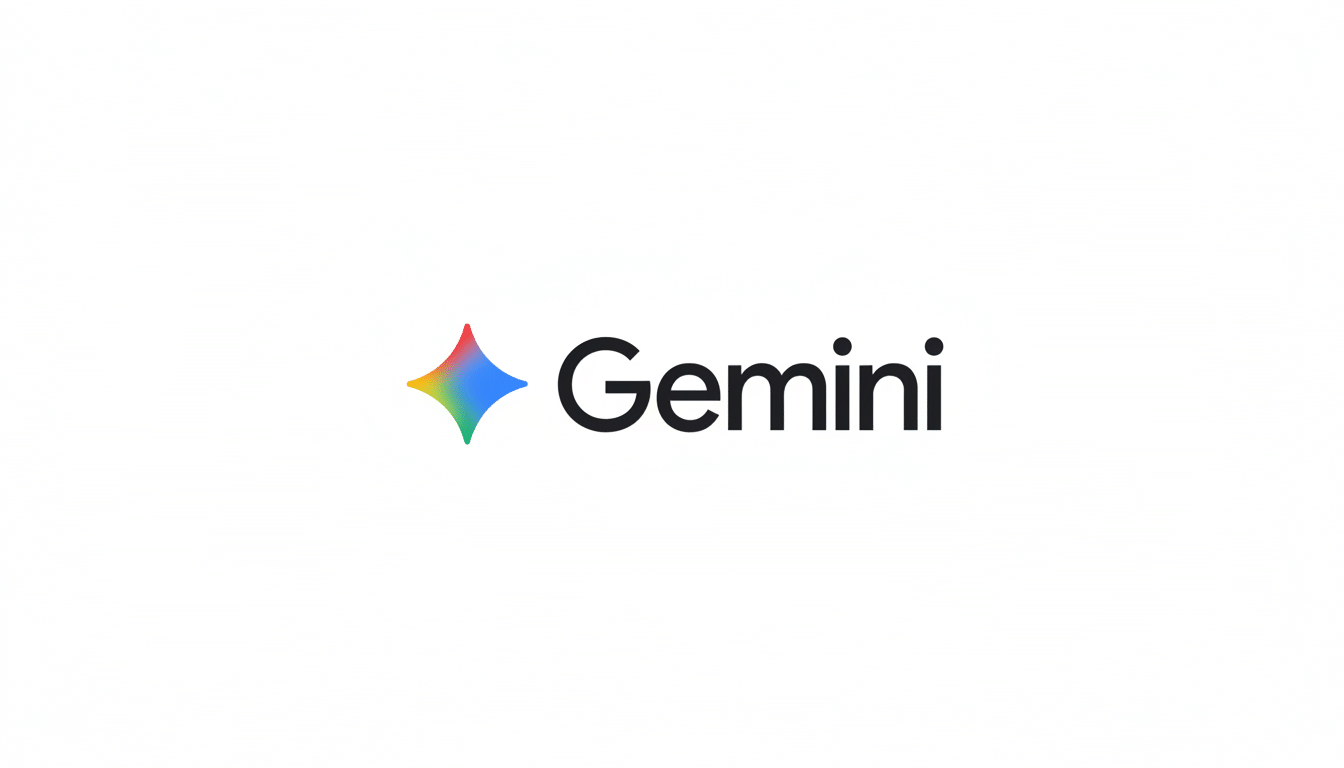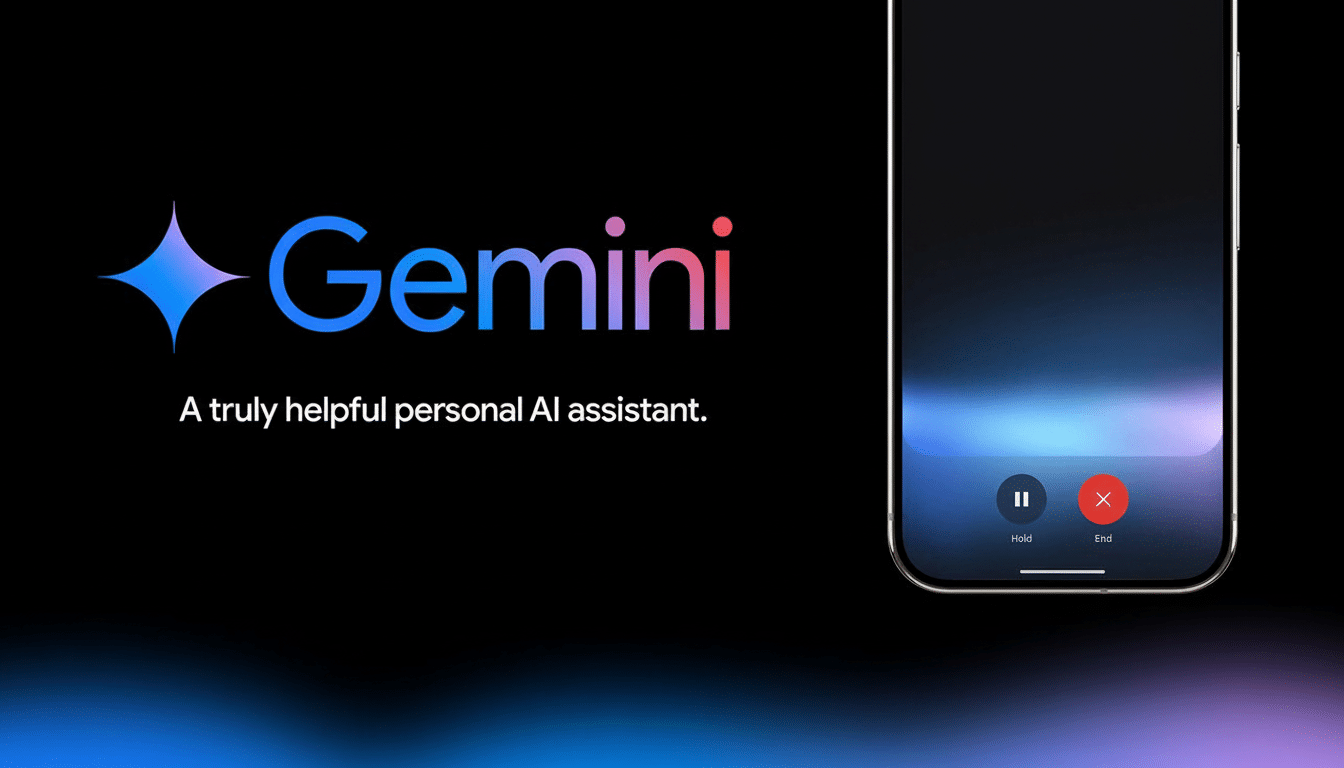Google is extending its new Gemini assistant more deeply into Chrome and adding a deeper “AI Mode” right into the browser’s address bar, indicating that we’re clearly entering an era where it’s less about results filled with links, then task-based conversational answers. The change also pushes agentic capabilities — automated actions taken on your behalf based on a combination of historical behavior and explicit signals — closer to everyday browsing, whether from the desktop or mobile.
Gemini: From Chat to Agent in Chrome Browser
Gemini is now available for free in Chrome on Windows and macOS, if your language is set to English, and mobile support will deploy first on Android and then arrive on iOS. A star-shaped toolbar button spawns a little Gemini panel for asking questions without leaving the page. Google VP of Product Mike Torres has described it as filling in the “boring chores,” not just answering questions.
- Gemini: From Chat to Agent in Chrome Browser
- AI Mode in Chrome’s Omnibox changes how results appear
- Security: One-click password resets streamline safety
- Privacy, data use, and app access with embedded assistants
- Why this matters for browsing, search, and the web
- How to try it today and what’s next for Chrome users

In a demo given to reporters, Gemini scanned an email, opened up a shopping site like Instacart in the new tab, and automatically added all the ingredients to cart. It also can go across multiple open tabs to compile and dissect information (useful for planning a trip or research), and will find things from your history with natural prompts like, “find that walnut desk I checked out last week.” The assistant can generate fast takeaways on YouTube with jump points to prominent moments.
Importantly, actions may be suspended or aborted, allowing the user to retain control. You should expect Google to gate the higher-risk steps behind confirmations, a pattern that schools in agentic systems, however imperfectly, against errors and overreach, was shared by academic researchers from places like Carnegie Mellon and Stanford HAI when assessing large language model reliability.
AI Mode in Chrome’s Omnibox changes how results appear
Chrome will introduce an AI Mode in the address bar that, when summoned, constructs a response within a chat-style panel with supporting sources — without dumping you elsewhere on a conventional results page. It won’t automatically trigger — you type a query and then opt to search using AI Mode; otherwise it is standard Google results.
AI Mode also provides contextual hints related to the page you’re at — like summarizing reviews on a product listing or explaining warranty terms. It’s a significant change to the UX: the browser is now more like a research buddy that can interpret, not just a conduit for search.
Google says the feature is opt-in and clearly marked. On Chrome Enterprise, admins can turn it off altogether for managed environments in keeping with what IT wants on AI features in regulated industries.
Security: One-click password resets streamline safety
Google is extending a Chrome feature that is designed to help people only use unique passwords for different websites. Leveraging Password Manager for breach alerts, the new flow can take you directly to participating sites where you can create a strong replacement password and store it there — eliminating some of the multistep friction that leads many people not to rotate old credentials at all.
At launch, Google says some 250 sites will be enabled for these automated resets, including such players as Coursera, Spotify, Duolingo, and H&M, with more being added.

- Coursera
- Spotify
- Duolingo
- H&M
Credential stuffing is one of the most widely noted methods for breach attacks (according to Verizon’s Data Breach Investigations Report), so increasing reset simplicity could have an outsize security effect — if adoption extends beyond the initial cohort.
Privacy, data use, and app access with embedded assistants
Having an assistant read your emails, browse tabs, and take action on your behalf raises obvious questions. Google wants to offer users a choice — clear prompts, the ability to stop everything, and enterprise-level opt-outs. As with other Google platforms, activity controls and history settings and incognito mode are still relevant levers. Organizations like the Electronic Frontier Foundation and Mozilla have been calling for transparent data handling and easy off switches for embedded AI, so watch for Google’s policy disclosures to match those demands.
Users should also keep in mind that generative models can misunderstand prompts or produce outdated information. Letting outside alumni see sensitive information on donations may be OK. Posted by AC on 6-Sep-2007 19:00. Frank DiPerna has unintentional contracts with audience members who come to his shows. Implementation of these measures should help recruiters in the IT recruitment process to filter CVs and vet places, etc.
Why this matters for browsing, search, and the web
StatCounter says that Chrome controls two-thirds of global desktop browser share, so integrating Gemini and AI Mode directly into the chrome (pun intended) of the browser has the potential to change how millions find information and get things done. It also increases the competition with AI-forward experiences from Microsoft’s Edge with Copilot and the broader ecosystem construction of assistants that dwell further upstream in the user’s workflow.
For publishers and retailers in particular, AI Mode’s answer-first format may be a traffic pattern-changer, thanks to new citations alongside the returned output rather than as the main event. Search quality teams — and SEOs — will be looking at how sources are attributed, the representation of different viewpoints, and rates of click-through for verification.
How to try it today and what’s next for Chrome users
On the desktop, you can open the assistant by clicking in the top-right toolbar on a star-shaped Gemini icon. On Android (where Gemini access is baked in at the system level through the power button), with iOS soon to follow. In the search box, AI Mode will pop up as an option when you type a query; ignore it to rely on classic search.
In the short term, look for more “agentic” skills that are trickled out to minimize the chance of errors — booking an appointment, finishing a purchase, and carrying out a multi-step task across tabs. As more powerful capabilities expand, it is the balance between convenience, transparency, and control which will decide how fast users warm up to a more proactive browser.

